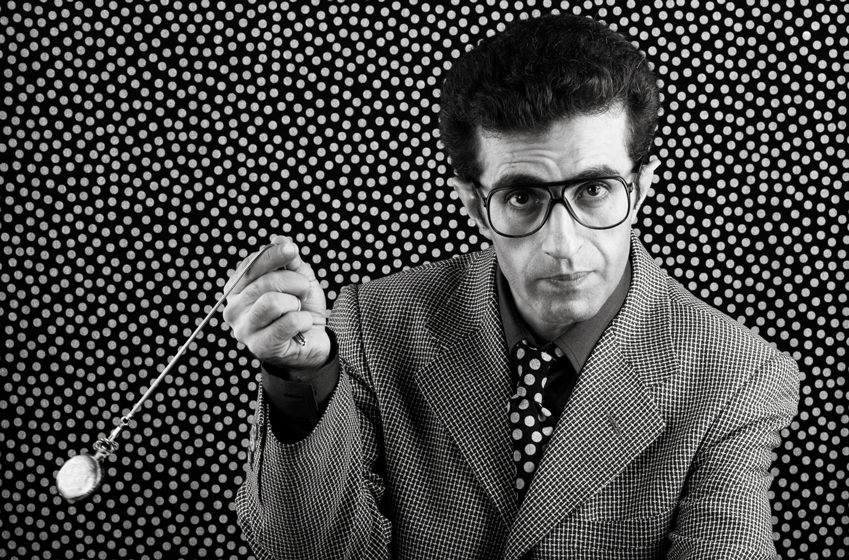You can’t seem to change your bad behavior – the smoking, the eating too much – the dental floss “phobia”. Why is it so hard? The answer may be as simple as it is subtle: Your unconscious mind is working against you.
Counter-intuitive as it may seem, people make 90% of their decisions based on unconscious thought.1 In other words, 10% of your mind may well be pleading with you not to pick up that next pack of cigarettes, but the other 90% is telling you that you need to smoke one more.
The trouble in negotiating with the unconscious mind is that it is, well, unconscious. Your conscious mind is the front-man for your brain – it is the extrovert shaking hands and making introductions. But your unconscious mind is the silent partner – the introvert who works behind the scenes and holds the real power.
Left to their own devices, these two parts of your consciousness rarely talk to each other. But in order to effect meaningful behavioral change, your conscious mind and your unconscious mind must be brought to agreement.
How do you get these two parties to the table? By introducing them to a hypnotherapist.
You are getting sleepy…
A hypnotherapist is a trained mental health professional who induces a state of hypnosis in a client in order to help focus all her attention – conscious and unconscious – on a specific task.2; Depending on the client, that task may be anything from embracing a healthier lifestyle to dealing with physical or emotional pain.
According to the American Psychological Association, hypnosis is completely safe and most people enjoy the experience. Clients remain in control when they are hypnotized – they know who they are, where they are, and what they are doing.3
[arve url=”https://res.cloudinary.com/mcsvideoc3/video/upload/v1541532517/hypnotherapy_didqqi.mp4″ autoplay=”yes” controls=”yes” muted=”yes” loop=”yes” play_icon_style=”none” mode=”lazyload”]
A “cure-all”?
By facilitating direct communication with the unconscious, therapists are able to help their clients address a wide range of issues. Hypnosis has been used to treat anxiety disorders, phobias, habit disorders, gastrointestinal issues, chronic pain, nausea, PTSD, and a host of other physical and psychological ailments.
Moreover, hypnosis can render other forms of psychological therapy more effective.3 The power of the mind, when its conscious and unconscious sides are in agreement, is immense.
Watch this compelling ABC News story (an oldie, but a goodie) confirming the promise of hypnotherapy.
Is hypnotherapy right for you?
In a sense, therapists employ hypnosis to help their clients heal themselves. Both the unconscious problem and the conscious solution may reside within the same individual. The therapist is simply the mediator who brings both sides to the table to hash out an agreement.
So when it comes to bad habits, the old adage, “You are your own worst enemy” is probably true – but with professional hypnotic therapy, your subconscious just might turn out to be your best friend.
Contributed by Erik Peake
References
1. “What Can Hypnosis be Used For?” About Hypnosis.
2. “Mental Health and Hypnosis.” WebMD.
3. “Hypnosis Today – Looking beyond the media portrayal.” American Psychological Association.


